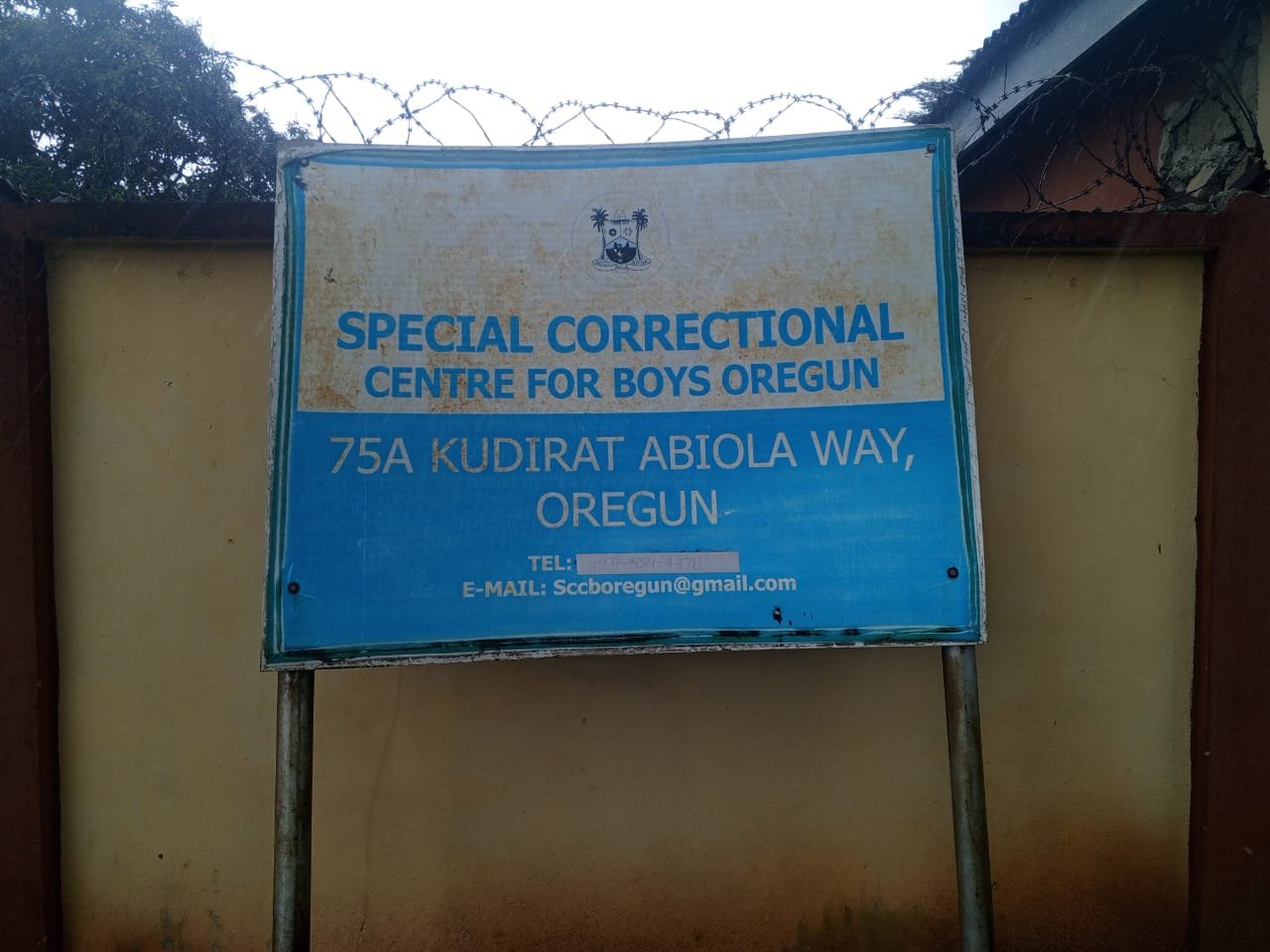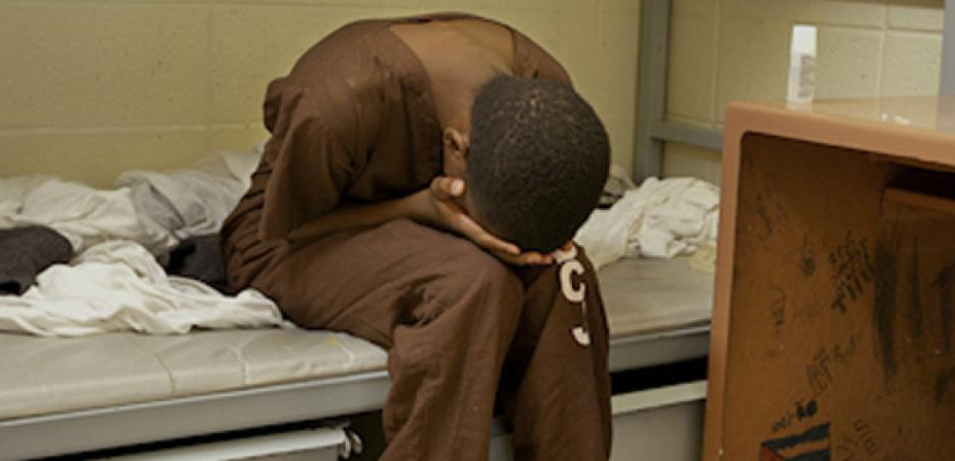Many misconceptions surround boys in delinquency programmes, often leading to ineffective interventions. Boys in Focus is committed to breaking these myths by providing structured support, mentorship, and practical solutions for at-risk boys across Africa.
1. “All Delinquent Boys Are Beyond Help”
Myth:
There’s a belief that boys in delinquency programmes cannot change and are destined for a life of crime.
Reality:
With the right intervention, boys can transform their lives. Boys in Focus provides structured mentoring and skills-based programmes that empower boys to redirect their paths. In Rwanda, vocational skills training in rehabilitation centres has proven effective, turning many delinquent youths into productive members of society. (Africa Portal)
Boys in Focus Impact: Through mentorship and community support, we’ve seen significant behavioural improvements in participants, with over 70% of our boys successfully reintegrating into education or vocational training.
2. “Delinquency Stems Solely from Bad Parenting”
Myth:
Many assume that delinquent behaviour is purely the result of poor parenting.
Reality:
While family influence matters, peer pressure and socio-economic factors play a significant role. A study in Lagos, Nigeria, found that peer group influence is a stronger predictor of delinquent behaviour than family background (AJOL).
Boys in Focus Insight: We engage parents and guardians in counselling sessions to create a more supportive home environment, addressing both family and external influences that impact a boy’s behaviour.
3. “Delinquent Boys Are Predominantly Violent Offenders”
Myth:
Most people assume that boys in delinquency programmes have committed violent crimes.
Reality:
A large proportion of boys in these programmes have been involved in non-violent offences, such as loitering, truancy, and petty theft. In Nigeria, for instance, many youths in detention were arrested for minor infractions rather than serious crimes (PMC).
Boys in Focus Approach: Our behavioural therapy and skills training initiatives provide alternatives to incarceration, giving boys a second chance through education, discipline, and life skills development.
4. “Juvenile Delinquency Is a Male-Only Issue”
Myth:
Many believe that only boys engage in delinquent behaviour.
Reality:
While boys make up the majority, girls also engage in delinquency, although often in different forms. In Ghana, studies show that girls are increasingly involved in youth crime, though they remain underrepresented in formal statistics (Cambridge).
Boys in Focus Perspective: While our primary focus is on boys, we also collaborate with organisations supporting girls, ensuring that interventions are inclusive and effective.
5. “Incarceration Is the Only Solution for Delinquent Boys”
Myth:
There’s a belief that prison is the only way to address juvenile delinquency.
Reality:
Rehabilitation and skills training reduce reoffending far more effectively than imprisonment. In Benin, studies have shown that understanding the psychological and social backgrounds of delinquents leads to better intervention strategies (Scirp).
Boys in Focus Strategy: We offer a three-phase programme focusing on rehabilitation, skills training, and community reintegration, helping boys find meaningful alternatives to crime and unemployment.
Final Thoughts
Dispelling these myths is crucial for improving juvenile rehabilitation in Africa. Boys in Focus remains committed to providing sustainable solutions for at-risk boys through mentorship, skills training, and community engagement.
Author: Femi Oke, Boys in Focus






